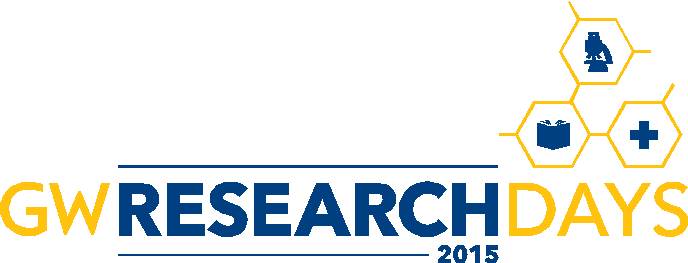Document Type
Poster
Publication Date
2015
Abstract
Objectives: Resilience is the ability to adapt in stressful situations and overcome adversity through the use of effective coping strategies. Previous studies have demonstrated that condition-specific camps designed for children with epilepsy can increase adaptive coping skills including social interactions, cooperation, initiative, and communication in participants over a three-year period [1,2]. Additionally, research indicates that as a group, individuals who live with chronic health disorders exhibit less hope and have worse health outcomes when compared to their normative peers. The aim of this study was to determine the impact of condition-specific camps on children with heart conditions.
Methods: 39 of 75 youths, diagnosed with heart conditions, attended Brainy Camps and participated in this study between 2012-2014. Participants included 5 females and 11 males in the 8-11 year old range and 10 females and 13 males in the 12-17 year old range. The Price-Emory Resiliency Scales, Herth Hope Index, and the Loneliness Scales were completed pre and post camp. A T-score range was used to determine if children with heart conditions differed from normative data in terms of resilience. Resiliency was evaluated among the campers using the subscales of mastery, relatedness, and emotional reactivity. Averages for the pre- and post- camp scores were taken for both single year and consecutive year participants and compared to average scores in the normative data.
Results: The 39 children who attended camp demonstrated positive changes in resiliency including emotional reactivity, and hope, by the end of their first year. However, decreased scores in mastery and relatedness and increases in loneliness were also noted. For the 13 children who participated for 2 consecutive years and 3 children who participated for 3 consecutive years, increases in hope and decreases in loneliness were improved with each additional year of attendance.
Conclusions: These findings demonstrate a positive shift in hope, loneliness and resiliency in children with heart conditions who attended camp consistently over several years. These findings highlight the potential impact that hope and perceived social support can be influential factors on resilience. Some limitations of this study included small numbers of participants, having data collection pre camp in the child’s home versus post camp at the campsite, and loss to follow up across years. Further research is needed to understand additional factors may influence resiliency in children with heart conditions. For children with chronic illnesses to successfully manage their healthcare, interventions tailored to encourage a sense of hope and social support may prove beneficial.
References
1. Cushner-Weinstein, S., Berl, M., Salpekar, J.A., Johnson, J.L., Pearl, P.L., Conry, J.A., Kolodgie, M., Scully, A., Gaillard, W.D., Weinstein, S.L. (2006, October). The benefits of a camp designed for children with epilepsy: Evaluating adaptive behaviors over 3 years. Epilepsy & Behavior. Retrived July 27, 2012 from ScienceDirect.
2. Cushner-Weinstein, S., Walsh, K., Acosta, M., Packer, R.. Hope and perceived social support as predictors of resilience in children with Neurofibromatosis Type 1 [Abstract]
3. Prince-Embury, S. (2007). Resiliency Scales and Profiles: T Score Ranges. Resiliency Scales For Children & Adolescents: A Profile of Personal Strengths. Pages 25-26.
Open Access
1



Comments
Presented at: George Washington University Research Days 2015.